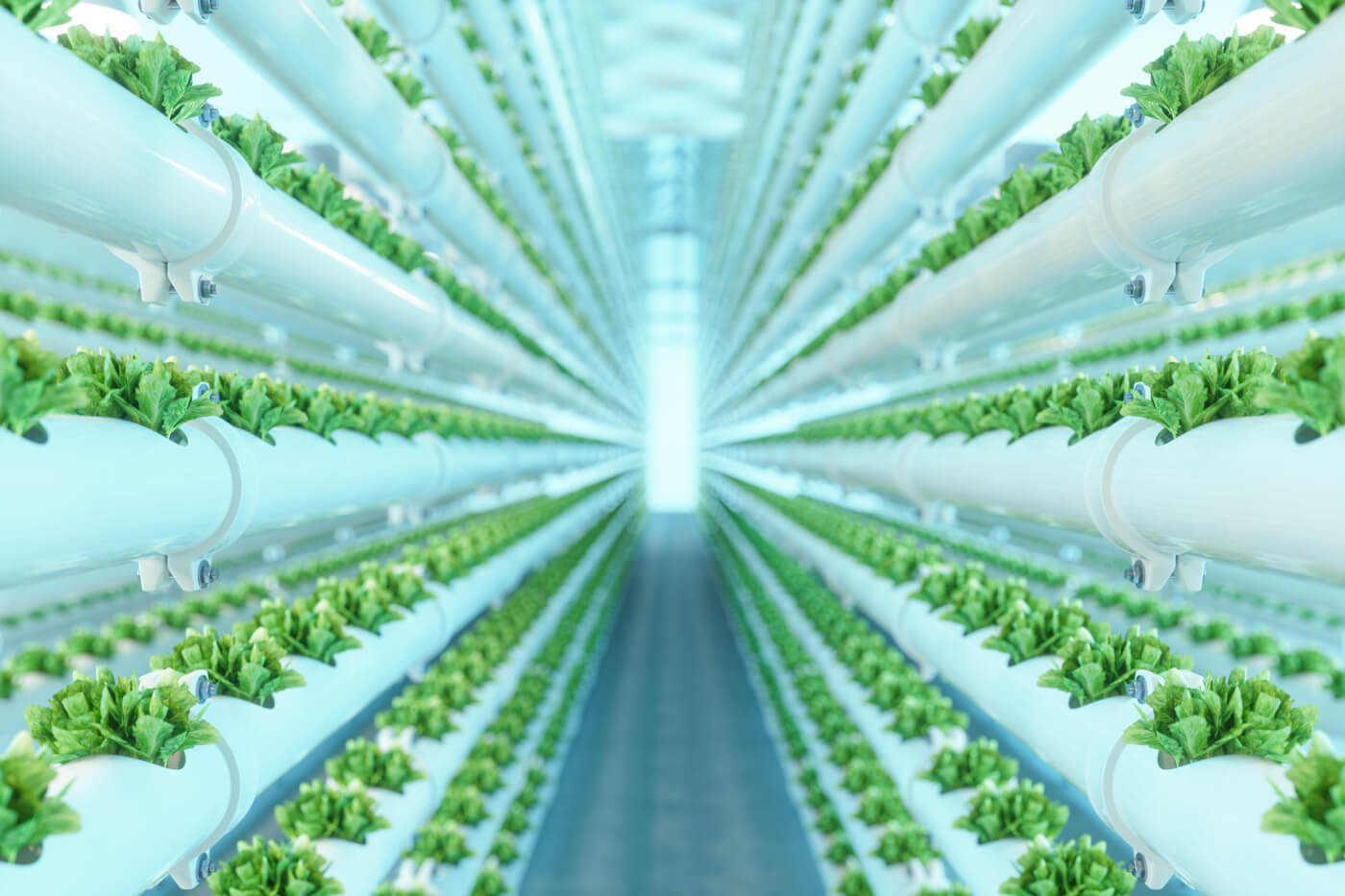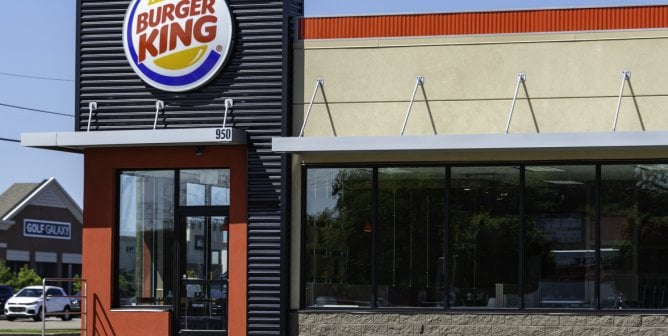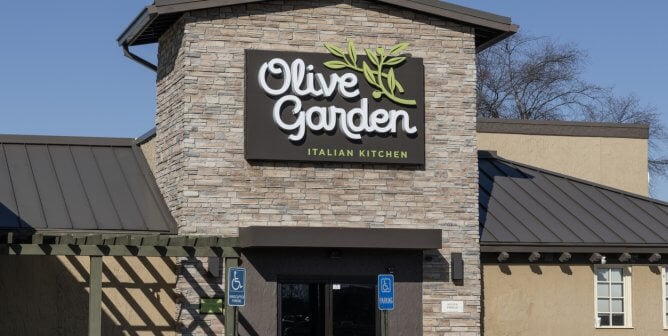Remote work has emptied many office spaces, especially in cities like Dallas, Houston, and San Francisco. So what can be done with these unused spaces? “Adaptive reuse” is the practice of finding new uses for old buildings. Since nearly 20% of office spaces in the U.S. are currently unoccupied, animal-free vertical farms and technology could be brought into the city through adaptive reuse.

The Office-to-Farm Transformation
Picture this: rows of cubicles replaced by stacks of lush greenery, vibrant tomatoes hanging where whiteboards used to be, and harsh fluorescent lighting swapped out for grow lights. This is what transforming unused office space into urban farms could look like. And the benefits? The sky’s the limit!
- Green, urban oases: In 2020, nearly 82% of the total U.S. population lived in urban areas and cities. But cities often lack the green spaces needed for sustainable living. For some individuals, reaching a store that offers fresh fruits and vegetables can be a daylong endeavor, particularly in areas referred to as “food deserts.” Converting lifeless office buildings into urban farms would bring fresh, healthy foods to concrete jungles, making it easier—and likely more affordable—for stores to carry them. And by growing only plants, there would be no need to worry about the adverse environmental and health consequences of raising animals for food. (Factory farms and slaughterhouses are often located in the countryside, where they generate water and air pollution as well as foul odors and cause health problems for people who work at these facilities and live nearby.)
- Vegan meat and dairy: Reused office buildings could also serve as hubs for vegan meat and dairy production. Imagine having access to vegan meat, cheese, and milk freshly made in your community with in-house ingredients. Not only would this be kind to animals, it would also promote healthy living. Leading health experts agree that going vegan is the single best thing anyone can do for themselves and their families. Vegan eating reduces the risk of suffering from numerous health problems, including some of the biggest killers in the U.S.: heart disease, cancer, and strokes.
- Cultivated-meat innovation: The office-to-farm movement doesn’t stop at veggies. It could be a game changer for cultivated-meat production. Cultivated meat, which is created from cultured animal cells, is an ethical, sustainable product obtained without killing animals and may one day be widely available. Unused offices could house state-of-the-art laboratories where cultivated meat could be grown in a controlled environment, saving countless lives. Life on a factory farm is a cruel existence for animals. In the U.S. today, 99% of animals used for food live on these massive farms, where they’re confined by the thousands to wire cages, metal crates, or other extremely restrictive enclosures inside filthy, windowless warehouses. Although the prospect of clean meat is exciting, animals can’t wait for it to be widely available. By going vegan now, you’d make a clear statement that you refuse to fund the abuse and slaughter of animals.
The Sustainable Impact
The transformation of vacant office spaces into vegan food production hubs would generate a multitude of benefits, including the following.
- Reduced land use: Some office buildings could be repurposed as vertical farms, where crops could be grown in stacks, one on top of the other, maximizing space and increasing productivity per unit area. This farming technique uses up to 99% less land than traditional farming. Plus, vertical farms can grow a variety of produce all year round, defying the seasons.
- Reduced emissions: Shifting away from animal agriculture results in less CO2, methane, and excrement polluting the air and waterways. This vegan food system would eliminate the need to transport live animals to—and their body parts from—slaughter. And since plants and plant-based products would be produced locally, long-distance transport would no longer be necessary.
- Feeding more people: It’s possible to end hunger globally—but only if there’s a shift toward vegan eating. Currently, animal-free agriculture generates around 1.5 trillion more pounds of food than animal agriculture does. It’s only logical: Eating plants is much more efficient than growing crops to feed animals (who require large quantities of food) and then consuming those animals.
- Rewilding farmland: Animal agriculture consumes a staggering 83% of farmland and is responsible for more than half of agriculture’s greenhouse gas emissions, according to University of Oxford research. A nationwide shift to vegan eating would help restore this depleted farmland to its natural splendor.
- Healthy living: These urban farms would promote healthier living through the consumption of fresh, locally grown produce and other animal-free foods.
The Call to Go Vegan
The world is changing, and we must be the driving force behind a greener, more compassionate future. So let’s raise a toast to adaptive reuse, urban vertical farming, and vegan living!
Did you know you could spare nearly 200 animals per year just by going vegan? Getting started is easy:
Text VEG to 73822 to get the latest vegan lifestyle tips, recipes, and urgent action alerts texted right to your phone.
Terms for automated texts/calls from PETA: https://peta.vg/txt. Text STOP to end, HELP for more info. Msg/data rates may apply. U.S. only.







